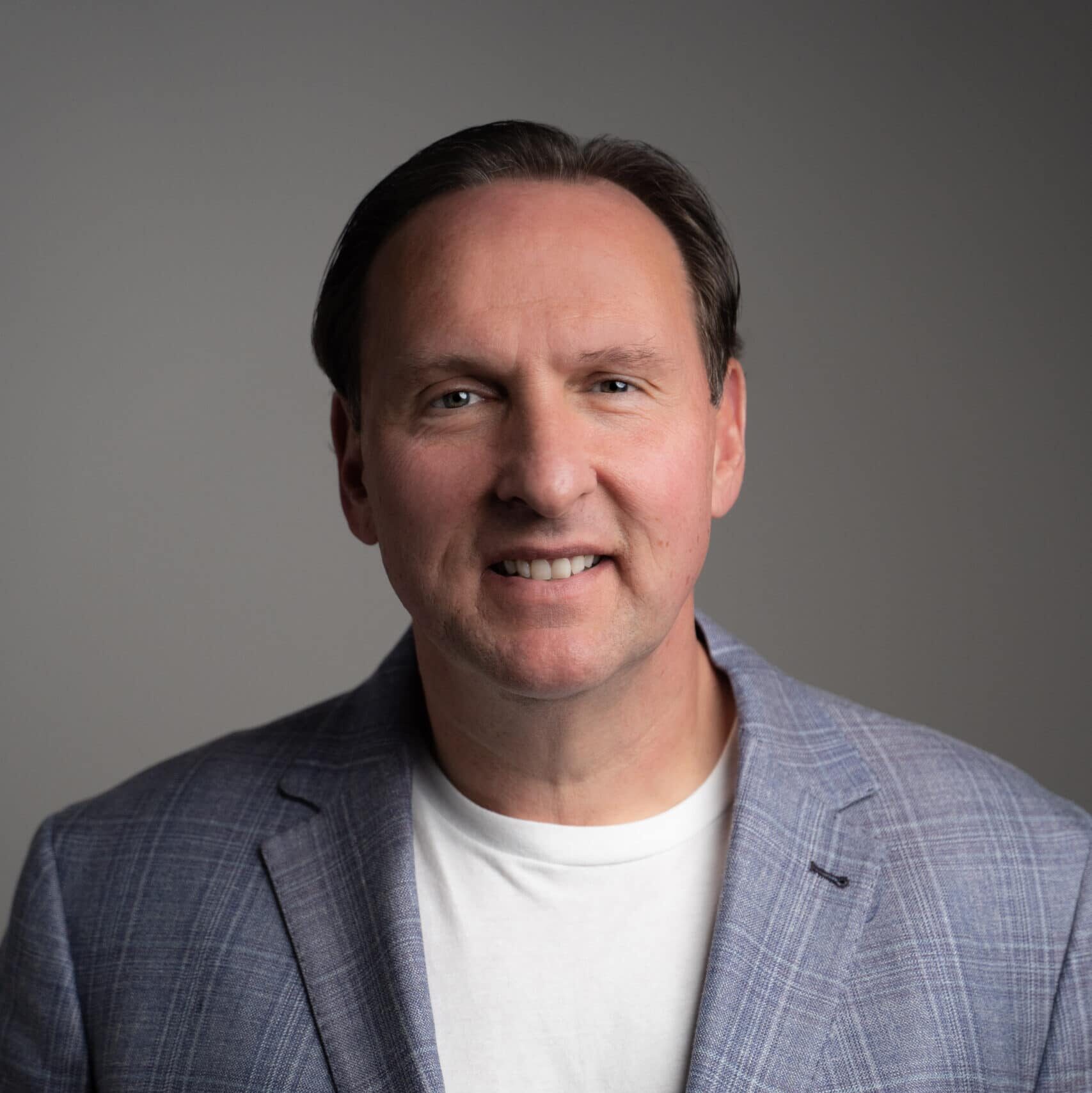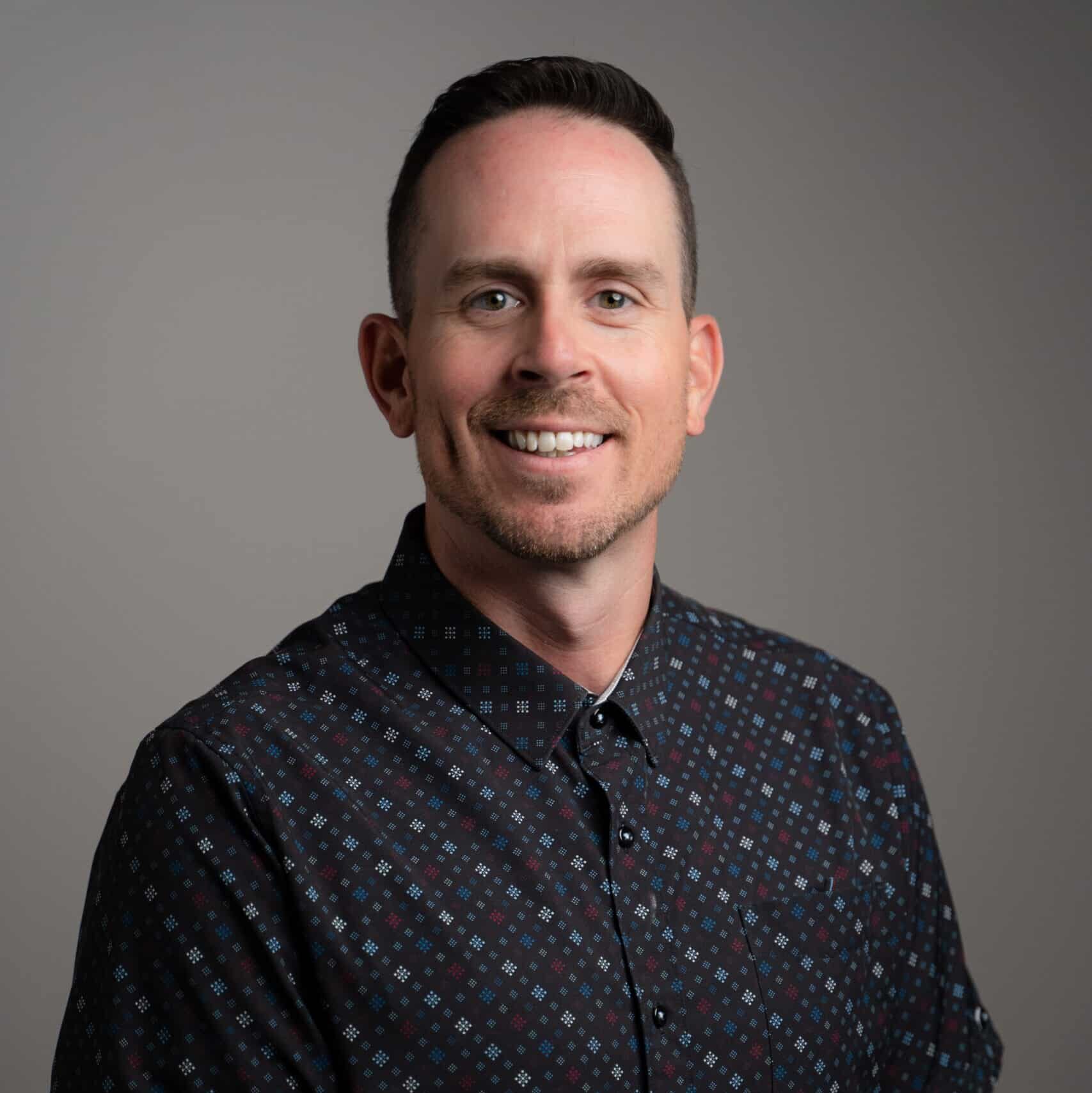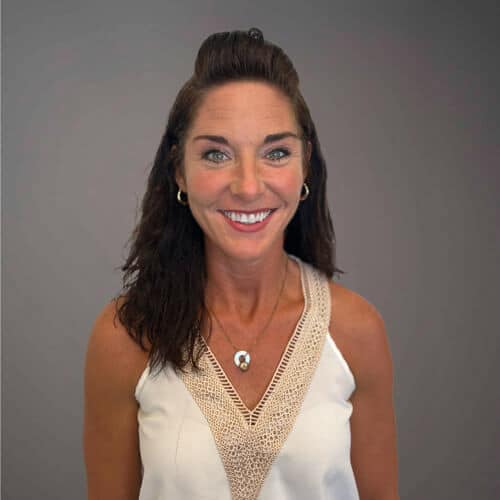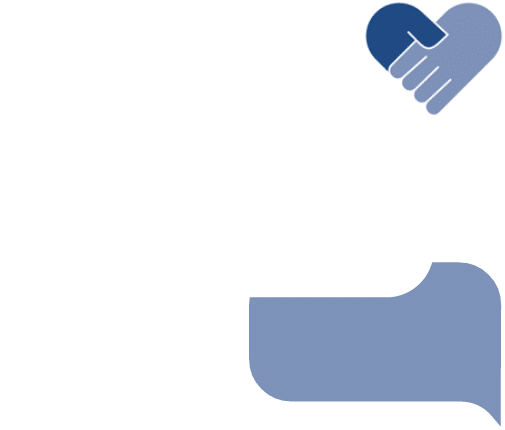Professional Intervention Services for Mental Health and Addiction in Georgia and Nationwide
Our S.A.F.E.® (Self Awareness Family Education™) Intervention & Family Recovery Coaching Services help your loved one with Substance use or Mental Health Disorder see the need for help before they hit their bottom
How often has a family heard the person has to want help or hit bottom for things to change? Families in Georgia and nationwide that follow this advice often find themselves in a never-ending cycle of inaction. When families wait for their loved one with a mental disorder or an addiction to advocate for their care, the family’s self-care and sanity take a back seat. When someone says that you have to wait for the addict, alcoholic, or person with a mental disorder to take the first step, they might as well say to let them run through your life like a hurricane until they decide not to anymore. The treatment of addiction and mental health rarely involves family. At the same time, the evidence shows that family recovery and involvement in the recovery process is an evidence-based strategy that works. Knowing this is true, how come it is rarely done? The sad answer is that treatment providers can not bill insurance or charge for family sessions for their loved ones in treatment. Most treatment centers have watered-down or non-existent family programs. The existing ones often include redundant psychoeducation that states the obvious or something called family week. Family recovery programs require far more in-depth help than what a treatment center is willing or capable of providing.
At Family First Intervention, we understand the importance of helping those with addiction and mental disorders as much as we understand the need to help families who have gone through equal heartache and turmoil. Our S.A.F.E.® Intervention & Family Recovery Coaching Services, focus on all those who are affected. The professionals at Family First consist of Intervention Coordinators, Interventionists, and Family Recovery Coaches. We all work together as an integrated team to ensure that every one of our clients receives full attention and support before, during, and after the intervention. To only focus on the mental health or addiction of your loved one would be a disservice to your family, who needs at least as much help as your loved one.
An intervention is not about how to control your loved one with a substance use or mental health disorder; it is about learning how to let go of believing you can.
How our S.A.F.E.® Addiction & Mental Health Intervention Services work in Georgia and Nationwide
Our S.A.F.E.® Intervention Services expands beyond a face-to-face intervention with your loved one. Whether or not your loved one has accepted help, we are all hands on deck with family support groups and individual family sessions. Once your loved one is in treatment, we put the treatment center’s staff to work and collaborate with them to help produce the highest probability of a successful recovery for both family members and the loved one with an addiction or mental health disorder. Any treatment center that works with us knows that our clients stay longer, do better, and have a more significant percentage who follow discharge recommendations. Treatment centers that work with Family First Intervention will also tell you that the clients in treatment surrounded by other clients who stay longer and do better increase the motivation for others to excel.
When a family learns to hold boundaries and hold their loved one accountable, it channels their loved one’s path toward completion and following discharge recommendations after treatment. Most alcoholics and people with drug addiction and mental health disorders follow the path of least resistance. If the least resistance is acting out, using drugs or alcohol, leaving treatment early, or not following advice after treatment, that is the most often chosen path. When families get better and change their behaviors, the loved one with substance use or mental health disorder can advocate for their care more significantly. Where families often fail is after their loved one completes treatment. Rather than holding their loved one accountable to move onto the next level of care, it is common for the family to feel a false sense of hope and allow their loved one back home or resume supporting them in a less than effective way.
Our S.A.F.E.® Intervention Services in Georgia and the rest of the country help families learn to say no. We help families understand that until their loved one is held accountable, there is little chance of them seeing the need to do anything other than what they were doing before going to treatment.
Mental Health and Addiction Interventionist Resources in Georgia
Families and those with addiction and mental health disorders have many resources in Georgia and nationwide. Most of the resources available for interventionists in Georgia may not include family support. Some treatment centers that treat mental health and addiction may not be the appropriate fit for your loved one. One of the many goals of your intervention services company should be to put all the pieces of the puzzle together to have the highest probability of a successful outcome. Many families wish to keep their loved ones nearby in treatment codependently. Other families do not see the need for change or recovery efforts to change behaviors that can help their loved ones. Some families that call for help have been through the process of their loved one seeking help several times. The exact amount of families have done nothing different or have chosen not to consider time and distance as the deciding factors for their loved one’s treatment plan.
At Family First Intervention, we have seen many failed plans, all with the same common denominator. The loved one goes to treatment locally, they only stay for thirty days or less or attend an outpatient, and the family does nothing to change themselves. If you keep doing what you have always done, you will keep getting what you have always got. The next time you ask for help, please consider these options and make sure you hire an intervention services organization that does too.
“The most formidable challenge we professionals face is families not accepting our suggested solutions. Rather, they only hear us challenging theirs. Interventions are as much about families letting go of old ideas as they are about being open to new ones. Before a family can do something about the problem, they must stop allowing the problem to persist. These same thoughts and principles apply to your loved one in need of help.”
Mike Loverde, MHS, CIP










